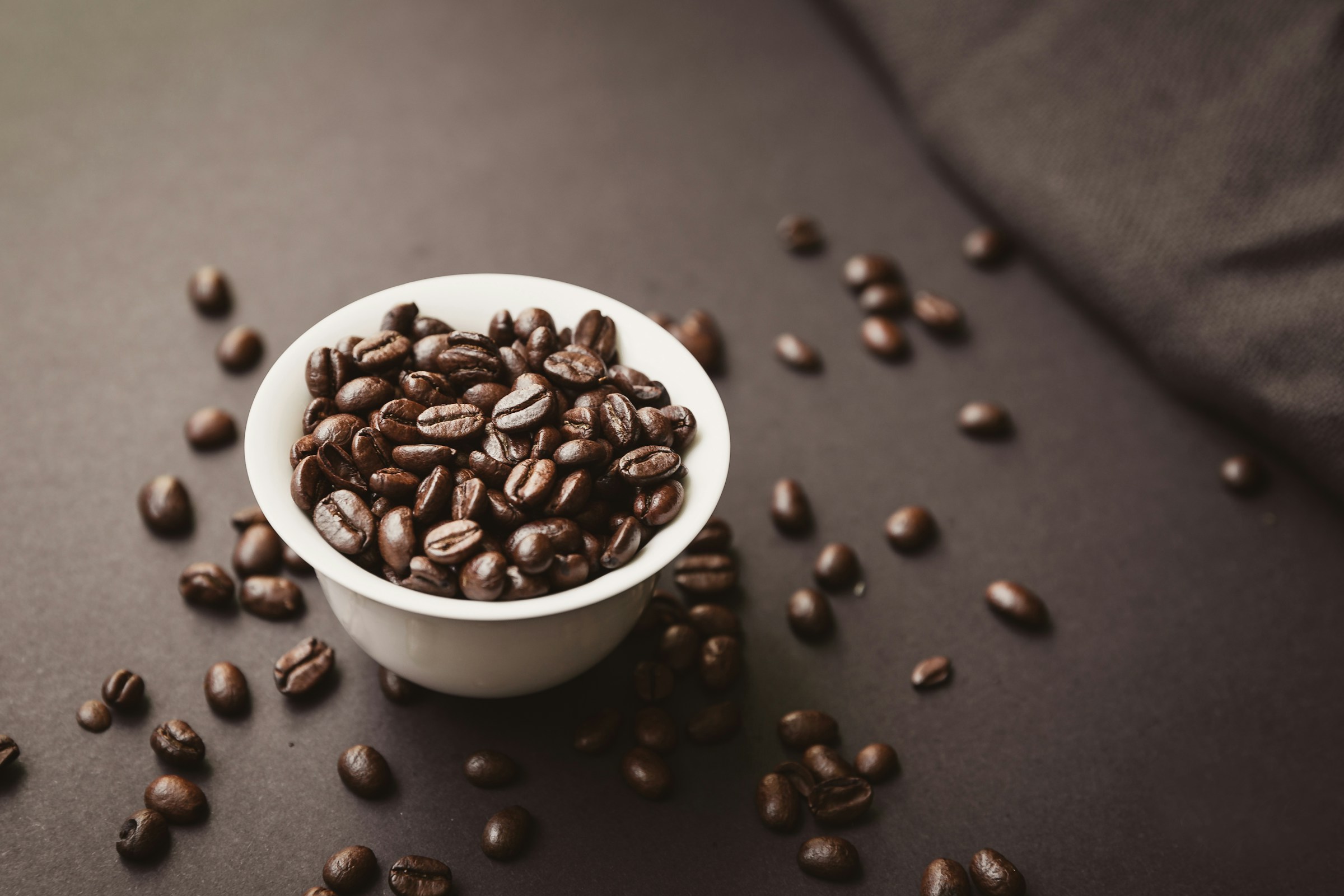Coffee lovers always seem to be divided on the regular vs. decaf debate, with many true java enthusiasts noting that they can taste the difference between caffeinated and decaf coffee. While the difference in taste seems to be up for debate, the need to sometimes opt for decaf coffee sometimes just makes sense. Some people choose to switch to decaf after a certain time so as not to interfere with quality sleep, while others simply love the taste of coffee so much they want to keep drinking it even after they’ve reached their caffeine limit for the day. Plus, others are on medications that interfere with caffeine — making decaf coffee a smarter, healthier choice.
Regardless of your reasoning for sipping on decaf coffee, you might have wondered — does decaf coffee have caffeine or is it completely caffeine-free? We’ll break down the differences you need to know below.
Does decaf coffee have caffeine?

Decaf coffee is decaffeinated — but that doesn’t mean it’s caffeine-free. The decaffeination process is highly effective and can remove up to 99.9% of caffeine from coffee, but it is never 100%. As a result, each cup of decaf coffee still contains about 2 to 7 mg of caffeine. The concept of 100% caffeine-free coffee is simply not possible (at least with the current technology).
The amount of caffeine remaining in decaf coffee is too little to be noticeable for most people, but it’s still good to be aware of. Some people with extreme caffeine sensitivity could be ultra-sensitive to consuming even one cup of decaf coffee. In contrast, a standard cup of caffeinated coffee contains about 95 mg of caffeine (depending on the size of the cup).
Making decaf coffee

Decaf coffee undergoes a decaffeinated process using solvents or water with special filters. This process extracts the naturally occurring caffeine from green, unroasted coffee beans to dissolve the caffeine. However, this process is thought to interfere slightly with the taste of coffee. The reason for this is that coffee’s naturally bitter taste is partly due to its caffeine content. When caffeine is removed, the flavor of the coffee changes slightly and creates a milder, softer taste. Some people note that decaf coffee has a slightly sweeter taste, with hints of malt or honey.
Companies use several different methods when making decaf coffee. Some use solvent-based processes that ultimately evaporate the chemical solutions used to remove caffeine. Other brands use an organic, swiss water process or a carbon dioxide process. Some coffee lovers can tell the difference in taste by the extraction process, though it’s undetectable for the average coffee drinker. The variety of the roast (light roast vs. dark roast coffee) will have a greater impact on the taste of each cup of coffee than whether or not it contains caffeine.




